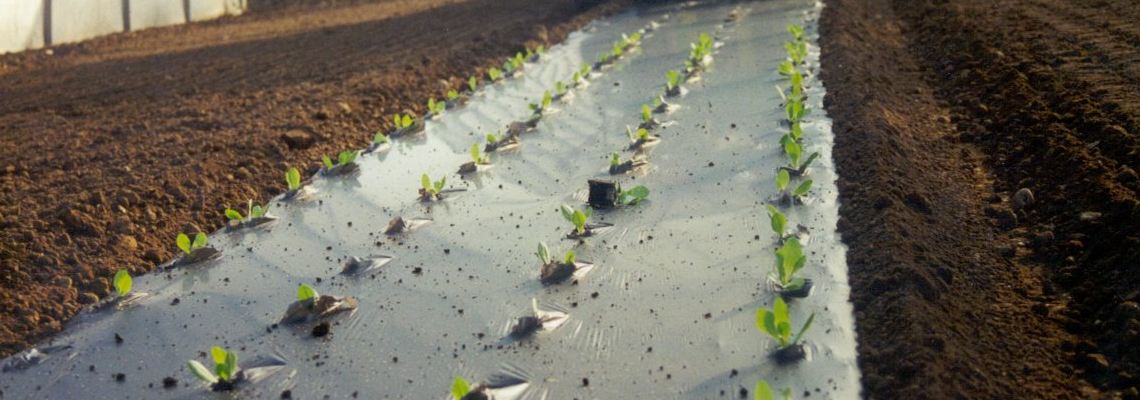Novamont Agro

We are promoting a model of sustainable agriculture based on the cascading use of vegetable raw materials and the development of solutions to help solve specific environmental problems
NOVAMONT is active in the agricultural sector, from the use of local raw materials (low input crops, by-products, vegetable scraps) aimed at making “cascade-wise” use of them to the generation of sustainable solutions through innovative industrial processes that reduce environmental impact and increase safety.
Through our research work we are focusing on identifying native crops that can be cultivated on economically marginal and unirrigated soils, to make the best use of the local features, maintaining biodiversity and paying great attention to soil fertility. At the same time we are maximising the use of all production components along the value chain: the “wastes” become co-products or the starting point for new systems. Through following this approach we are promoting innovative agricultural value chains appropriate for the territories, in collaboration with farmers, their associations.
Our solutions for agriculture, deriving from biorefineries integrated in the local area, help to solve specific problems linked to a wide range of products’ end of life. From reducing the possibility to have residues in the soils at the end of use with fully biodegradable in soil bioplastics (such as mulch films, clips, pheromone dispensers), to minimising the risks associated with the dispersion of products within the ecosystem (biolubricants) and reducing the use of some high environmental impact molecules (bioherbicides).
Our sustainable agriculture model helps to control desertification of the soil.
Over time the intensification of agricultural practices and their poorly sustainable management have contributed to soil erosion, initiating progressive desertification. A study by the CNR (Italy's National Research Council), ENEA (Italy's National Agency for New Technologies, Energy and Sustainable Economic Development,) and ISPRA (Italy's National System for Environmental Protection) in 2015 found that 21,3% of Italy is considered to be potentially at risk and 41% of these areas are regions of the centre and South of Italy. The same situation has been reported in studies by the FAO - the United Nations Food and Agriculture Organisation - as regards the state of soils worldwide.Soil is a non-renewable resource of vital importance for ensuring agricultural production, the growth of plants, the control of water flows to aquifers, reducing the risk of flooding, the control of energy flows with the atmosphere, and maintaining local biological activity and biodiversity.
Counteracting increased desertification has become a priority, both for helping to combat climate change through the ability of the soil to capture atmospheric carbon dioxide (CO2) and also for ensuring a safe food supply. To achieve this a start needs to be made on promoting sustainable agriculture, focusing on the carbon cycle. This could be made possible through innovative practices to refresh one of the main elements of soil fertility, that is organic matter.
Use of quality compost in agriculture has a fundamental part to play in preserving the organic matter present in the soil and in slowing down biological degradation. Compost is in fact a valuable soil improver, rich in humic substances, obtained from the processing of organic wastes through composting .
Several studies show that compost use in the agricultural sector increases the organic matter and tends to neutralise GHG emissions caused by cultivation, thereby increasing soil fertility and resiliency.
The international initiative "4 per 1000", launched on 1 December 2015 at the COP 21, calls for countries to draw down more carbon than they emit, and to store it in the soil. The aim is to demonstrate that agriculture, and in particular agricultural soils can play a crucial role where food security and climate change are concerned.
96 million tons of organic waste which could be converted into quality compost and provide carbon for soils and better the health and resistance of the ground are produced in Europe every year. However 66 million of these 96 million are not collected, but are dumped, depriving the soil of this driver of fertility.
Proper collection of the organic fraction of waste and using biodegradable and compostable solutions helps to reduce the contamination of organic waste by plastics, and as a consequence to obtain a quality compost.
